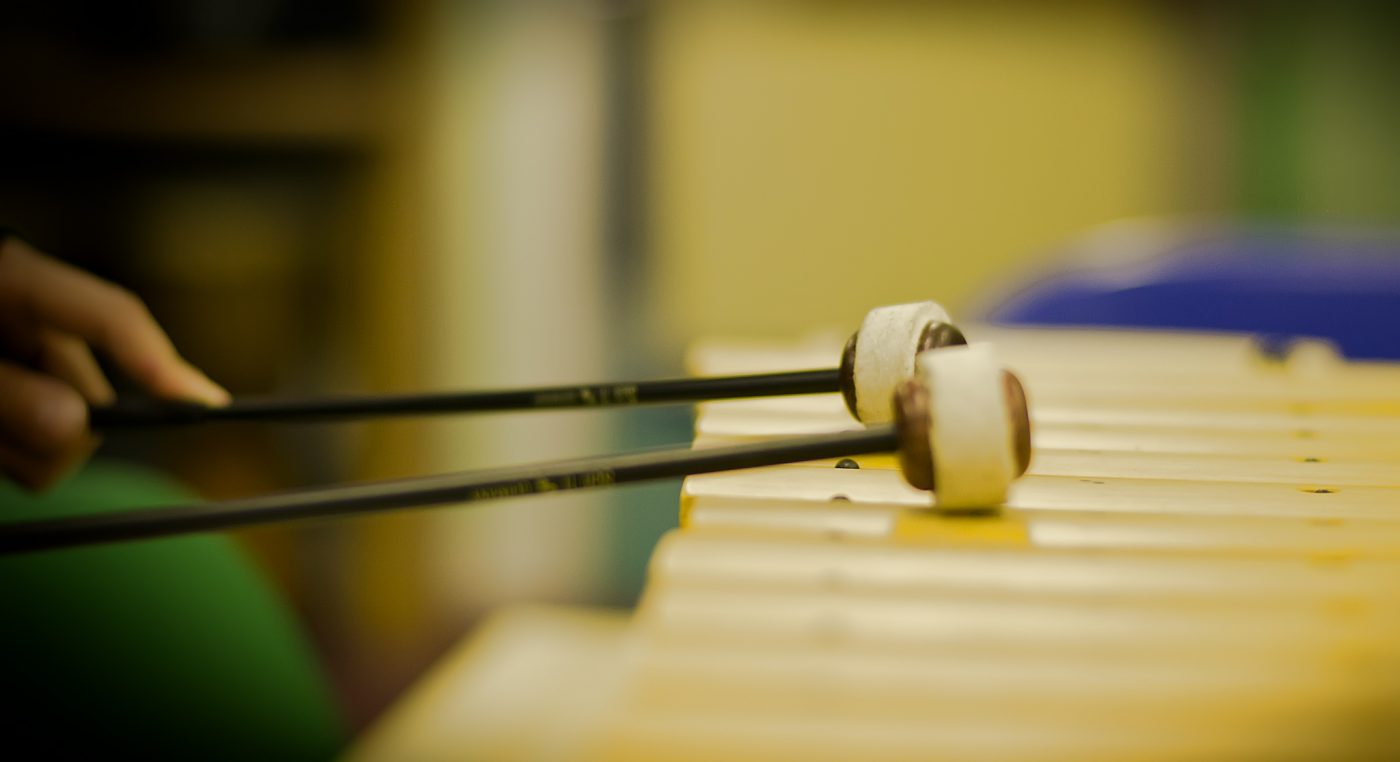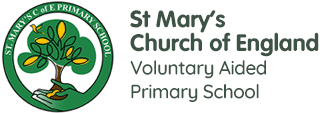Music

Music
At St. Mary’s School, we make music an inclusive, enjoyable learning experience. We encourage children to participate in a variety of musical experiences helping to build confidence and self-esteem.
‘Music ignites all areas of child development and skills for school: intellectual, social and emotional, motor, language, and overall literacy. It helps the body and the mind work together.’
As we learn about music from different cultures, music through time and how to play different instruments we live our Christian values in other ways, showing kindness and perseverance as we work and perform together and help each other to progress. Performances within the wider community give us further opportunity to live out and share our values.
Please click the link below to see the sequence of learning in our music curriculum:
Whole School Music Executive Summary
Please click the link below to see our school music development plan summary:
School Music Development Plan Summary 2025-26
Intent
At St Mary’s Primary School, we aim to stimulate pupils’ curiosity, interest, and enjoyment of music. By introducing the music curriculum through the social themes of the Charanga Model Music Curriculum, we aim to encourage children to be responsible and kind citizens of the world and constructive but critical thinkers. Children are given the opportunity to learn about, explore and enjoy music. Through opportunities to perform we aim to build up the confidence of all children.
Key musical areas of listening; singing; playing; improvising and composing; and performing contribute to increasing development of musicianship. We believe that every child should have the opportunity to develop their musical potential and we aim to nurture and encourage musical development across the school.
Core Skills Across the Music Curriculum:
Listening
Singing
Playing
Improvising and composing
Performing
Implementation
Class music lessons are taught throughout the school using the Charanga model music curriculum, a scheme of work that provides a range of musical styles from across the ages and around the world. Throughout the curriculum, children are constantly meeting key musical elements and skills building on these in each lesson, unit and year. Each unit has a musical spotlight allowing this element, aspect or skill to be discussed and developed more deeply during the course of the unit.
As the lessons and units progress, key learning is repeated, musical skills reinforced and the learning deepens. To support musical learning the activities are designed in two ways; the first repeats activities of the previous week to embed and rehearse key musical skills, the second features activities repeating previous musical skills with different content in order to strengthen and apply prior learning. Children have the opportunity to perform, listen to, review and evaluate music across a range of historical periods, genres, styles and traditions, including the works of the great composers and musicians. In lessons the inter-related dimensions: pitch, duration, dynamics, tempo, timbre, texture, structure and appropriate musical notations are explored through listening, singing and playing. Children are encouraged to express themselves through music by improvising and composing.
Music lessons are interactive and practical, and pupils may work as a class, small group and individually during lessons. Pupils have opportunities to play a variety of both tuned and untuned percussion instruments exploring their different sounds and the effect this has on the music they produce. Pupil work is sometimes recorded through videos and sound recordings, ensuring they can watch and evaluate their performances.
Children in Year 5 will also benefit from a term of whole class instrumental tuition provided by the Barnet Education Arts Trust. This will reinforce the coverage of the music curriculum and allow the children the opportunity to learn to play a musical instrument and take part in a performance demonstrating what they have learnt.
The curriculum has been carefully planned to enable children to develop their musical experiences, understanding of musical theory and musicianship skills as they progress through the school.
Impact
Each unit of work has clear objectives for pupils in terms of knowledge, understanding and skills acquisition. Lessons are adapted to ensure that all children are challenged. We ensure that when assessing pupils, evidence is drawn from a wide range of sources to inform the process, including interaction with pupils during lessons, observing and interacting with pupils while they are practising and refining skills, and listening to final performances or compositions. The outcomes of each lesson and unit of work serve to inform the teacher’s developing picture of the knowledge and understanding of each pupil and to plan future learning accordingly. Outcomes are used to build an emerging picture of what the pupil knows, understands and can do.
At the mid-point of each year, we make a summative judgement about the achievement of each pupil which we share in an annual report with parents and carers. At this point teachers decide upon a ‘best fit’ judgement as to whether the pupil has achieved and embedded the expected age-related expectations, exceeded expectations or is still working towards them. These decisions are based on the professional knowledge and judgement that teachers possess about the progress of each pupil which allows an informed and holistic judgement of attainment.
Singing:
Singing is very much at the heart of music at St. Mary’s and the whole school enjoy weekly singing practice, learning songs from different genres and cultures as well as enjoying singing songs in 2 and 3 parts. Every year, Year 2 have the opportunity to take part in the Barnet Schools’ Infant Music Festival, where they enjoy singing a range of themed songs alongside a number of other schools, as well as performing their own solo item.
Through singing songs, children learn about the structure and organisation of music, as well as the importance of working together and the joy of performance. At St. Mary’s, we teach them to listen to and appreciate different forms of music. Children develop descriptive skills in music lessons when learning about how music can represent feelings and emotions. We teach children to make music together, to understand musical notation, and to begin to compose their own pieces.
Additional music teaching
Children are offered the opportunity to study a musical instrument with peripatetic teachers. Peripatetic music teaching is provided by BEAT (Barnet Education Arts Trust) and the fees for these lessons are paid on a termly basis. These lessons are normally taught one to one for 15 minutes on a weekly basis but can increase to 30 minutes as the children progress. We currently offer lessons for guitar, drums, woodwind, piano and violin. This is in addition to the normal class music teaching of the school, but usually takes place during curriculum time.
